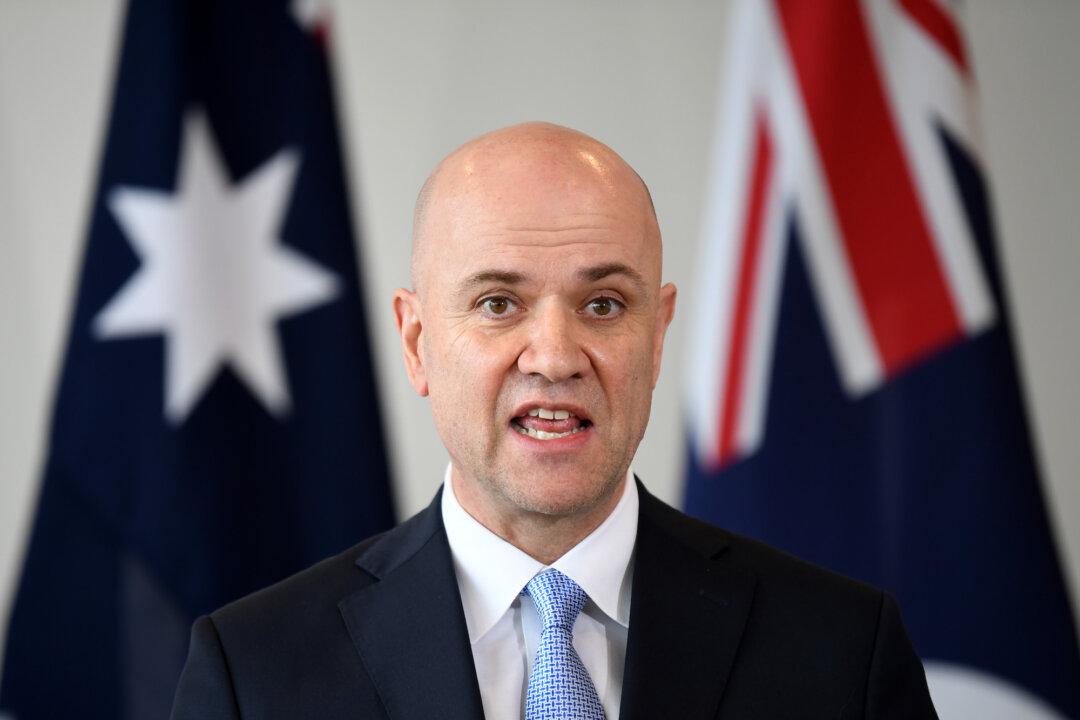The Melbourne Institute’s vaccine hesitancy tracker has revealed that Queensland remains the most hesitant state in Australia towards the COVID-19 vaccines.
The data was released as the national fully vaccinated rate nears 90 percent, with the Melbourne Institute concluding that the rate might not go higher because the fall in hesitancy is slowing across all age groups.





